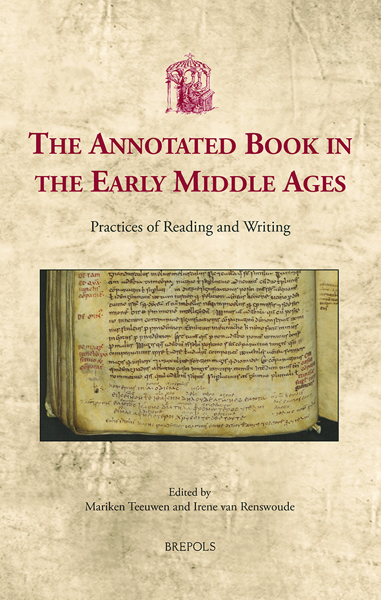
The Annotated Book in the Early Middle Ages
View publication
"In A Sociophilological Study of Late Latin, a collection of twenty-four essays, Wright both refines and advances his work. (...) This is an important book. (...) [It] is a fine collection - one that will be of interest to both specialists and nonspecialists. It is engagingly, often compellingly, written and will stand as a valuable supplement to Late Latin and Early Romance." (M. W. Herren in Speculum, 81, 2005, p. 1005)
"Wright's observations will be of interest to both Latinists and Romance linguists. But they also open the door to more general issues." (G. Hayes in The Catholic Historical Review, October 2007, p. 896-897)